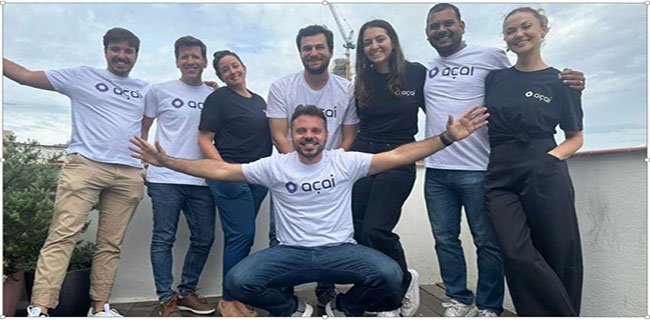Acai Travel Secures $4M in Seed Funding to Revolutionize Travel Operations with AI Tools
Acai Travel, a startup focused on optimizing travel operations for agencies using AI-powered tools, has raised $4 million in seed funding. The investment round was led by Nauta, with participation from DraperB1 and existing investor One Travel Ventures.
Founded in 2023 and based in New York, Acai Travel plans to use the funds to further develop its operating system aimed at improving operational efficiency and enhancing the traveler experience. The company already counts major travel players such as Kiwi.com and Lastminute.com among its clients. Earlier this year, Acai announced a partnership with Globespan Travel Management to integrate its AI technology for client updates.
“Acai is leveraging AI to modernize travel operations with fast, intuitive tools that allow agents to focus on delivering exceptional travel experiences,” said Riccardo Vittoria, co-founder and CEO of Acai Travel. “This Seed round represents a significant milestone, and we’re excited to have the backing of experienced investors who understand the industry’s challenges and are supporting our efforts to solve them.”
Vittoria, who has deep experience in AI for travel, previously co-founded 30SecondstoFly, an AI-powered booking engine for corporate travel, which was acquired by Amex GBT in 2020.
“Within just four months, we reduced average handling time by 20% for one of our TMC customers on a single account,” said Henry Chen Weinstein, co-founder and executive chairman of Acai. “As we expand our product suite, we aim to reduce costs by 70% by enabling non-GDS trained agents to handle complex requests.”
Jordi Viñas, General Partner at Nauta, added, “The pandemic led to a significant drop in travel demand, leaving many trained agents to exit the sector. As demand rebounds, companies face challenges with efficiency and profitability. Acai Travel’s platform, powered by LLM technologies and deep industry expertise, is transforming travel operations by reducing handling times, enabling untrained agents to manage complex tasks, and building a more flexible, cost-effective workforce.”


